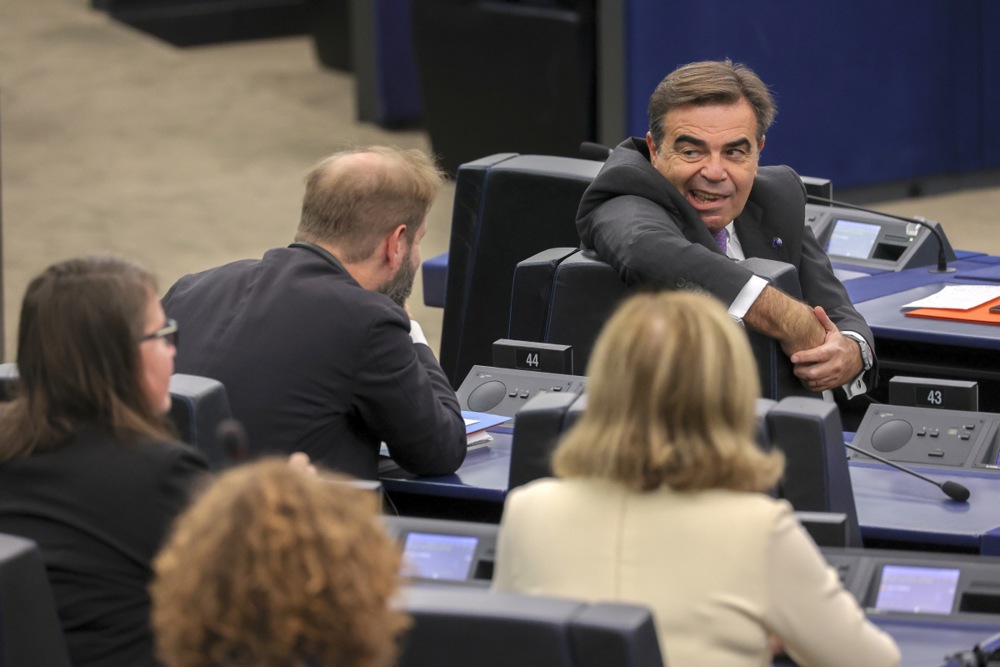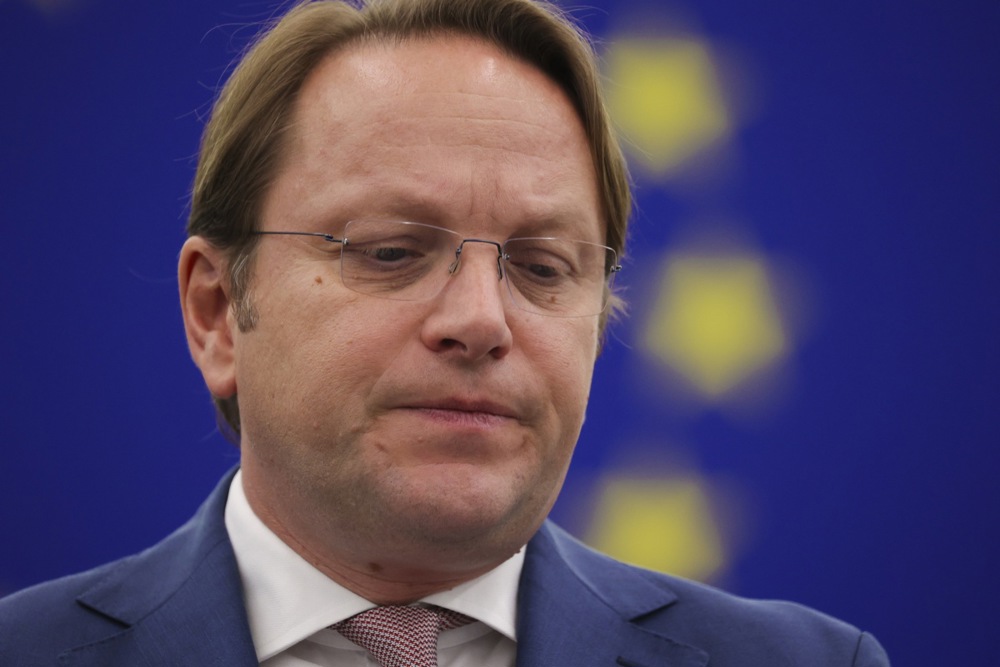The European Union must regulate online music streaming platforms to “protect diversity”, members of the European Parliament have claimed.
MEPs sitting on the Committee on Culture and Education bemoaned the lack of bureaucratic influence in the sector, voting in favour of demanding EU action by 23 votes to 3.
“Even though streaming platforms dominate the music market … there are no EU rules regulating the sector,” politicians complained.
Representatives also alleged that smaller music creators on such platforms are not being given enough financial support and want the EU to force streaming giants to increase payments to artists.
They added that the “recommendation algorithms” used by those platforms must be made “transparent”, as well as be redesigned to promote “diversity” and European music artists.
MEPs said this could be achieved via the use of a mandatory “diversity indicator”, which would force music streaming services to increase the “array of genres and languages available and the presence of independent authors”.
Seemingly unhappy with just ruling Europe, MEPs have demanded that the European Union starts regulating “virtual worlds”, such as Facebook’s metaverse and Star Trek-style holodecks. https://t.co/QjNcOzKqnr
— Brussels Signal (@brusselssignal) November 28, 2023
Speaking of the demands, left-wing MEP Ibán García Del Blanco said EU regulation was needed as smaller musicians on music streaming platforms were not able to earn enough to make ends meet.
“The majority of authors and performers, even those with hundreds of thousands of reproductions each year, do not receive remuneration that allows them to afford a decent living,” he said.
The Spanish politician said it was now “paramount” for the EU to examine making top-down changes to the “revenue distribution model that streaming services” as well as “explore ways of promoting cultural diversity”.
Such demands for top-down regulation to solve perceived economic and social problems are not unusual.
Another committee recently passed a report demanding the regulation of “metaverses” and “virtual worlds”, despite such systems not being in mainstream use at this stage.
Both reports are also similar in that they are own-initiative motions drafted by MEPs themselves, a status that means they will remain entirely unbinding even if passed by the entire Parliament.
Unlike the vast majority of such assemblies worldwide, MEPs remain practically impotent when it comes to instigating binding legislation, with such powers largely being left in the hands of the unelected European Commission.
Many parliamentarians often do not bother to show up to meetings at all.
When they do, a number only stick around in the parliamentary or committee chamber long enough to voice their own opinions, leaving as soon as they have spoken at a debate.
The majority of MEPs sitting on the European Union’s Committee on Budgetary Control committee failed to show up to a meeting with the European Commission’s Olivér Várhelyi on October 26 regarding the bloc’s Palestine spending. https://t.co/mxVX68G2HO
— Brussels Signal (@brusselssignal) October 27, 2023





